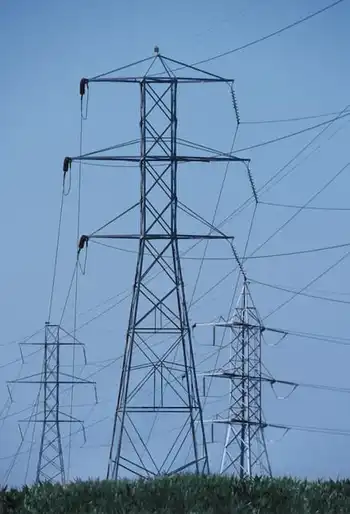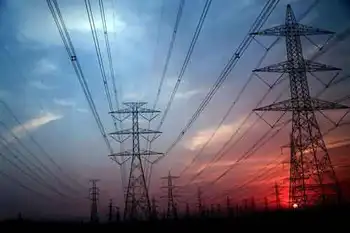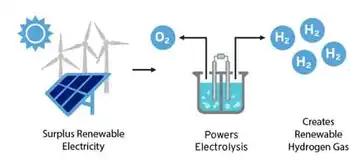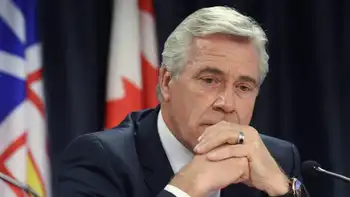Province gives cold shoulder to saving program
By Toronto Star
NFPA 70e Training
Our customized live online or in‑person group training can be delivered to your staff at your location.

- Live Online
- 6 hours Instructor-led
- Group Training Available
There's just one problem, says chief executive Dave O'Brien: No one has ever asked Toronto Hydro to put the system to use.
O'Brien told Toronto councillors at a briefing he would be happy to activate the system to conserve power, which would reduce the demand for electricity produced by coal-fired generating stations.
Homeowners volunteer to have the devices installed under Toronto Hydro's Peaksaver program. Hydro can then turn the units on and off in short bursts so they're not all running continually during peak hours.
The system could trim 40 megawatts from overall demand, but O'Brien said the provincial agencies controlling the province's electricity grid haven't used it.
"Never been asked to do it," O'Brien said. "We've never once been called... to activate our system in lieu of going to buy coal-fired power on the spot market.
"Every time we get into a peak crisis, and they're about to buy on the spot market, we could activate it," he said. "Any time they want, just phone us and say: Turn it on.
"We can cut the demand by 40 megawatts for as long as you want. We can keep it on all day if you want – or four or five minutes if you want."
Two agencies with jurisdiction over Ontario's power system have swapped some responsibilities.
The Independent Electricity System Operator operates the power grid and was, until last September, responsible for activating the air conditioner shut-off program.
Spokesperson Terry Young said the program is part of an emergency system for when the grid is overloaded and blackouts are possible.
But last summer's weather required no emergency measures.
The IESO has to pay Toronto Hydro when it activates the system, he said, and it's generally far cheaper to buy extra power than pay Toronto Hydro to conserve it.
Ontario Power Authority has broad responsibility for conservation programs in Ontario. But vice-president Paul Shervill said in an interview the authority had no jurisdiction over the shut-off program until September and even now controls only a small fraction of its units. That number will grow, however, and Shervill said the OPA will be more aggressive in using the program in the future.











